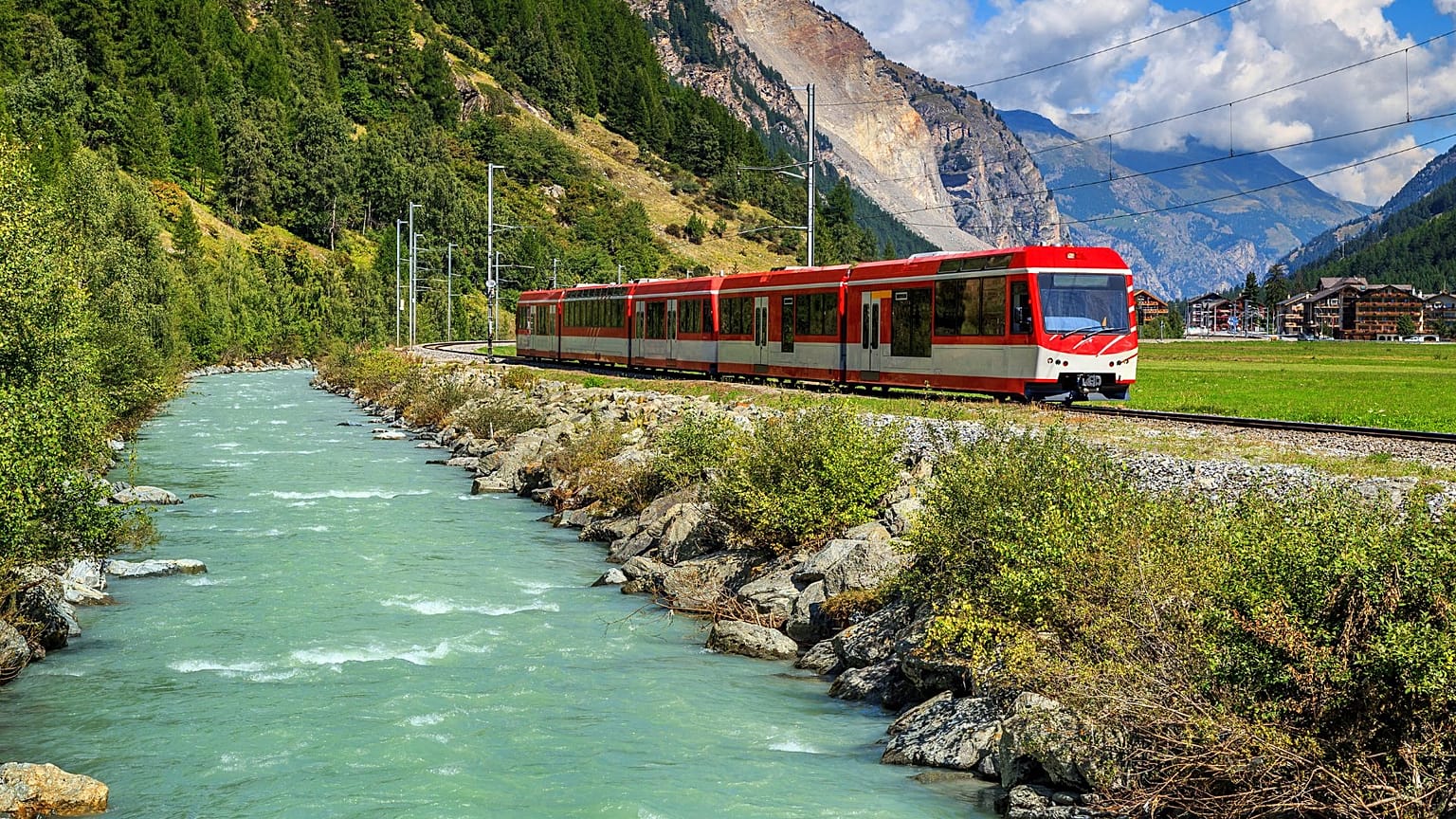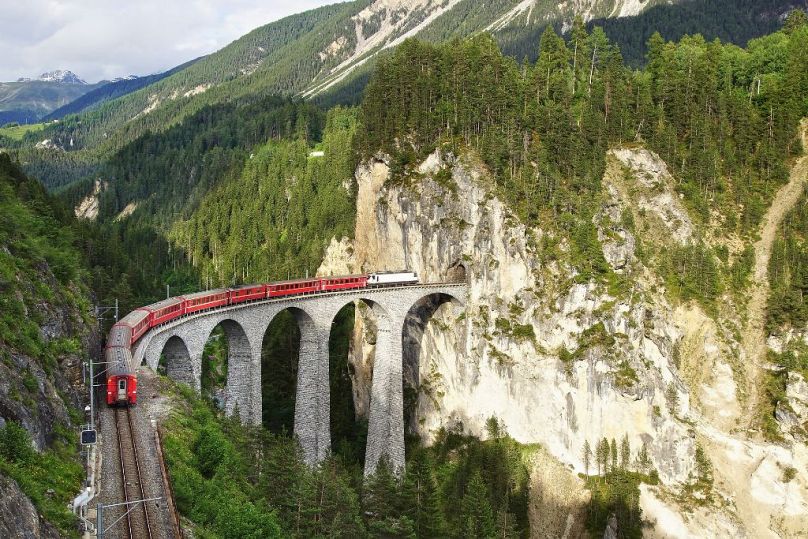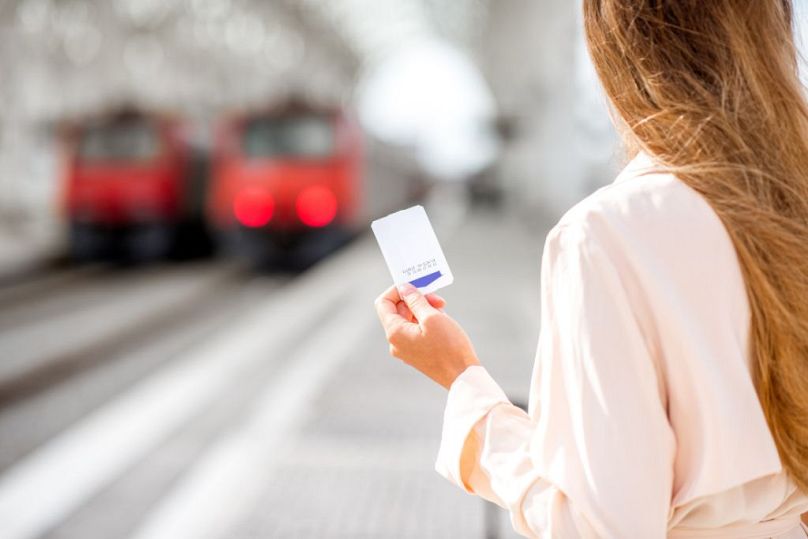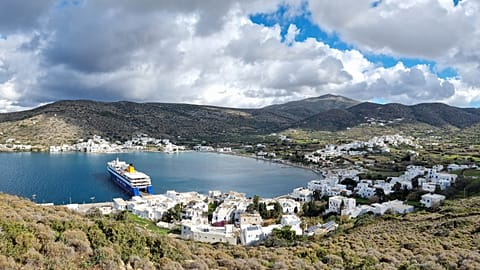Put off by the price of train travel? Rail Europe’s CEO shares his insights into how to find the best deal.
Bjorn Bender, CEO of Rail Europe, is a man who knows trains. In the last year alone he travelled roughly 75,000 kilometres across Europe.
 ADVERTISEMENT
ADVERTISEMENT
 ADVERTISEMENT
ADVERTISEMENT
For him, train travel is “not about going from A to B, it's actually a second home. It's my office, where I can really do my work.”
Since COVID, there has been a renewed interest in rail services, as travellers seek to stay closer to home and many try to mitigate the negative impact of air travel on the environment. Demand has risen across the globe, and it’s something Bjorn has seen reflected in ticket sales.
“Mobility demand is huge and is increasing globally,” he says. “The railway industry is growing - throughout Europe and cross-border services, it’s up perhaps 20 per cent.”
For Rail Europe, 2023 was, “an amazing year”. Bender shared that the company experienced a 66 per cent year-on-year growth in sales compared to 2022 and about 75-80 per cent growth compared to 2019.
Despite demand, there’s still a perception by many that train tickets are expensive, something Bender believes is misplaced.
He shares his insider knowledge with Euronews Travel on how to make the best savings when booking train travel.
Don’t book train tickets directly
Bender’s first tip is not to book directly with rail providers. He compares the experience to booking flights: “Usually you don't book directly on an airline website - at least I wouldn’t do it. I compare prices on Skyscanner or Kayak for example.”
Comparison sites, or sites that provide ticket prices from multiple providers, give travellers the most options, and the ability to choose between various routes and fares.
“When I want to travel from Frankfurt to New York, I don't care if I sit in Delta, United or Lufthansa at the end of the day,” Bender expands.
This attitude to booking train travel is something he thinks is only just settling in Europe now. “We’re getting more and more into this environment in Europe - having mutually agnostic platforms, players like us, comparing prices, tariffs and giving suggestions based on the traveller’s individual needs.”
Book train tickets seven to 12 weeks ahead of your travel date
It’s widely agreed that when it comes to travel, the earlier you book, the cheaper it is. But, just like air travel, there’s usually a window of golden opportunity where train ticket prices are at their lowest.
“I would say booking between seven to 12 weeks in advance is quite a good range,” advises Bender. Valuable insight, but for how long? After all, things, he says, are changing.
“In the past, you only had a very limited number of saver fares on high speed trains. Now I can book a saver fare 30 minutes prior to departure for every carrier.”
Saving money on tickets is also dependent on where and when you want to travel. It’s no surprise that hopping on a train on a Monday morning is more expensive than on a Tuesday, so sometimes finding a bargain just isn’t realistic.
Include stops on your train route
While nonstop services are certainly faster - and therefore more appealing - they’re also more expensive.
“If you’re willing to change trains once, this will increase the chance of finding a better price,” says Bender.
It’s common enough practice with air fares, and it seems trains are no different. With enough research, it’s possible to find easy connections with relatively short wait times, so the overall impact to your journey is minimal, yet the savings are potentially considerable.
Join loyalty schemes and buy train passes and rail cards
“Loyalty programs, particularly for cross-border services, increase the chance of getting better fares,” Bender says.
As do rail passes and rail cards. “Travelling on passes when you go with your family on a summer vacation gives you the chance to travel almost throughout Europe - for a couple of hundred euros for four weeks.”
Bender believes the availability and usefulness of rail cards and passes is something still underappreciated in Europe.
“There are lots of opportunities, but the education, even for Europeans, is not that high yet. It's a lot on us, on mutual providers, to spread all the information and really be a companion for travellers, from inspiration until after sales.”



















